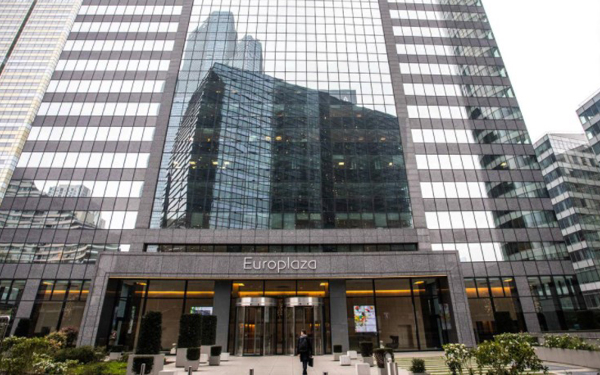Risk-based approach and open standards
The Wwft follows a risk-based approach. This means that institutions to a large extent are free to decide on the degree of risk they want to take. In turn, that choice determines which mitigation measures they must put into place.
Customer due diligence
Customer due diligence is an important element in the range of measures available to prevent money laundering and terrorist financing. As a rule, institutions must carry out customer due diligence in all cases. This also includes the monitoring of intended and actual transactions. The degree of scrutiny must be tailored to the risk posed by a particular type of customer, relationship, product or transaction.
Notification duty
Financial and other institutions that, in a professional capacity or on a commercial basis, provide services specifically listed in the Wwft must notify any unusual transactions to FIU-the Netherlands. The Wwft also lists indicators to determine what unusual transactions exactly are.
Supervision of compliance with the Wwft
DNB is responsible for supervising Wwft compliance by various categories of financial institutions, including banks. In our supervision, we look at the procedures and measures that institutions have put into place to prevent money laundering and terrorist financing.



